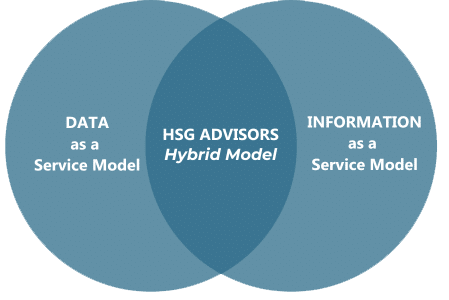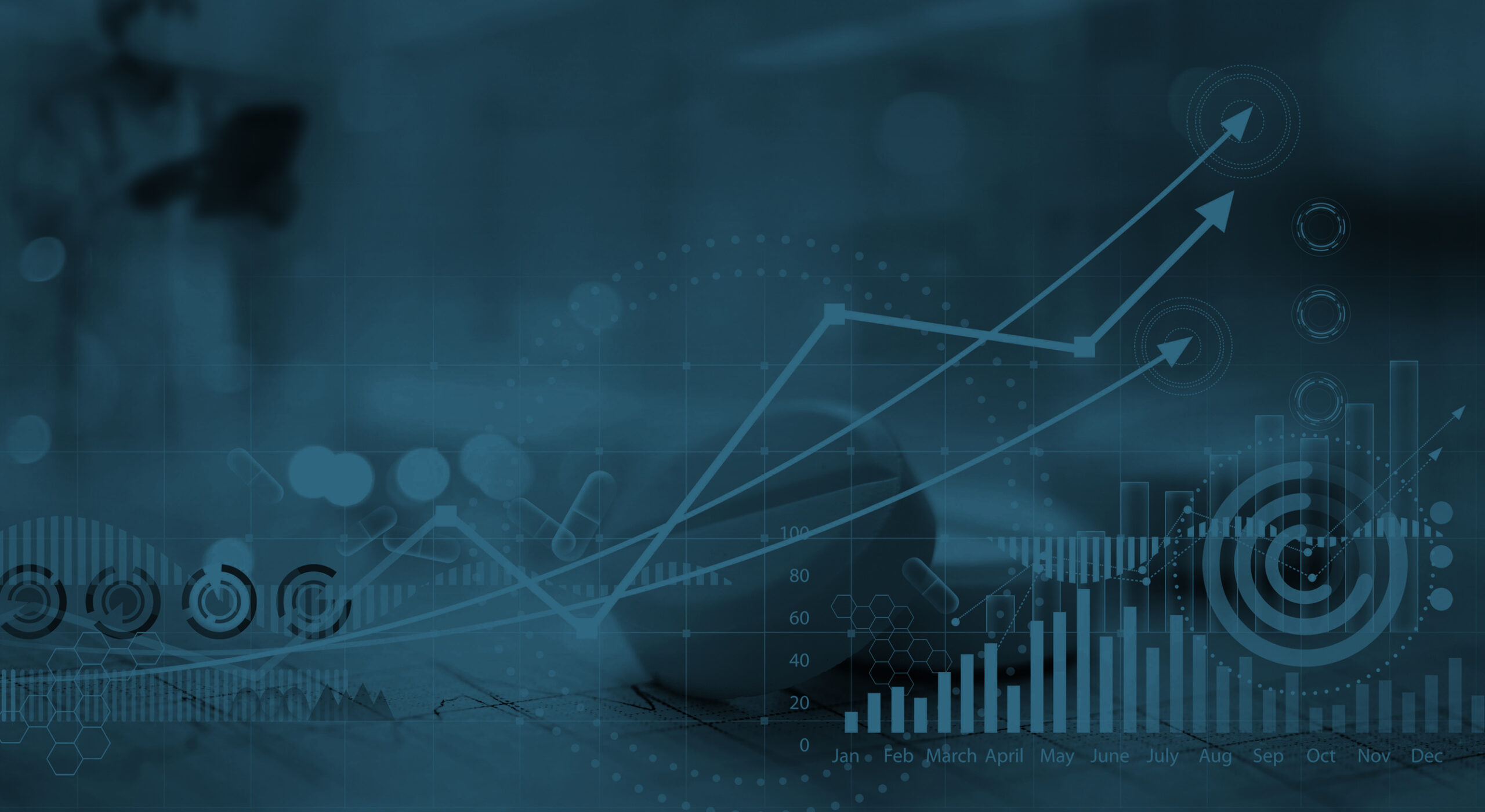OVERVIEW
In today’s technology- and access-driven world, organizations are able to rely more heavily on data than ever before to make smarter, more informed decisions. With an abundance of resources at their disposal, businesses can access and analyze data points from a multitude of sources, ranging from internal databases to external market research.
Two key strategies to harness the full potential of this data are:
- Through proper data governance, and
- Through analytics-based delivery
While these approaches are interconnected, they serve distinct roles and goals. Continue reading to understand the important distinctions between these strategies.
DATA GOVERNANCE: KEEPING DATA SAFE
Data Governance is all about managing data properly—it ensures data is accurate, secure, and compliant. It sets up guidelines for how data should be handled throughout its entire journey, providing a solid foundation for reliable insights.
Core Components of Data Governance:
- Data Quality: Making sure the data is correct and error-free.
- Compliance: Following laws and regulations about data.
- Access Control: Deciding who can use or change the data.
- Accountability: Assigning people specific responsibilities for managing data.
With good Data Governance standards put in place, and followed, companies can trust their data and use it confidently to make business decisions.
ANALYTICS: CREATING USEFUL INSIGHTS
Analysis is the process of analyzing data to find trends, patterns, and helpful insights for decision-making. If Data Governance is intended to keep your data trustworthy, Analytics helps uncover its true meaning.
Types of Analytics:
- Descriptive Analytics: Explains what happened and identifies the progress of trends over time.
- Prescriptive Analytics: Suggests actions to take based on data insights.
- Predictive Analytics: Predicts future trends based on past data.
Analytics relies heavily on high-quality data provided by robust Data Governance practices. Without the assurance of accurate, secure, and well-managed data, the insights derived from Analytics may be unreliable and potentially misleading.
CONNECTING GOVERNANCE AND ANALYTICS
These two concepts are interdependent. Data Governance ensures that data is clean, secure, and accessible, which is crucial for effective analysis. Analytics demonstrates the value of good governance by transforming data into actionable insights and strategies for businesses. Together, they enable companies to maximize the potential of their data.
How To Apply These Strategies in DaaS and IaaS Businesses
Companies offering Data as a Service (DaaS) and Information as a Service (IaaS) use data in different ways, but both need governance and analytics to succeed.
DaaS Businesses
- DaaS businesses provide raw data to clients. Governance helps ensure this data is accurate, secure, and ready for customers to use.
- Analytics provided to clients are usually basic—organizing or filtering data. The heavy analysis is done by the customers using this data.
- Data Governance takes priority because clients need high-quality data they can trust for their own analysis.
IaaS Businesses
- IaaS businesses deliver insights and solutions to clients. Governance makes sure algorithms and processes are trustworthy, while protecting intellectual property.
- Analytics is the main service. IaaS businesses use advanced tools to turn raw data into useful reports and insights.
- Analytics is the focus, but it requires a strong governance system to ensure insights are reliable.
HSG’S HYBRID MODEL APPROACH
At HSG, we understand the value and benefits of each strategy and we created a hybrid model approach to better serve our client base. We believe our unique approach allows for a deeper understanding of market and provider dynamics which creates a strong basis for strategic decision making.
While DaaS businesses focus on delivering trustworthy data and IaaS businesses specialize in creating actionable insights, both need governance and analytics to succeed.

Key Benefits of our Hybrid Approach:
- Scalability and Efficiency: As data demands grow, the hybrid approach adapts smoothly. DaaS delivers large amounts of reliable data, while IaaS uses cloud-based tools to process and refine it into insights. Our team is able to optimize data structures while your team continues to leverage insights without interruption.
- Engagement Flexibility: Adding IaaS to DaaS offerings creates end-to-end solutions. This simplifies the customer experience, allows our team to meet your organization based on current internal capabilities and skillsets. Organization with more sophisticated technical skills may require more data governance while less technical organizations may need support across governance and analytics.
- Accessibility for Non-Technical Users: With IaaS, insights can be presented in simple dashboards or reports, making them easy to understand for people without technical skills. Majority of our client partners are non-technical, but still able to interpret information quickly to improve decision-making based on efforts our team has put in place on their behalf.
- Customization and Personalization: Understanding that every client is unique, IaaS tailors insights to fit specific client needs, adding extra value for our clients seeking solutions to answer their specific questions.
- Stronger Customer Relationships: By offering both access to granular data along with actionable insights, HSG becomes an essential partner in our clients’ growth.
By combining DaaS and IaaS, HSG developed HSG Dashboard, a virtual data and analytics hub where our clients have direct access to clean data. HSG Dashboard feed innovative solutions and allow flexible scalability for clients to meet their individual, unique business needs, with a focus on delivering exceptional satisfaction through tailored data and actionable insights.
Let HSG’s team of expert advisors be your partners in growth, helping you to develop, implement and optimize market-and-provider-centric growth strategies through industry-leading market intelligence analytics and strategic advisory expertise. Reach out to our Claims Data Analytics expert DJ Sullivan when you’re ready to make the most of your data.
